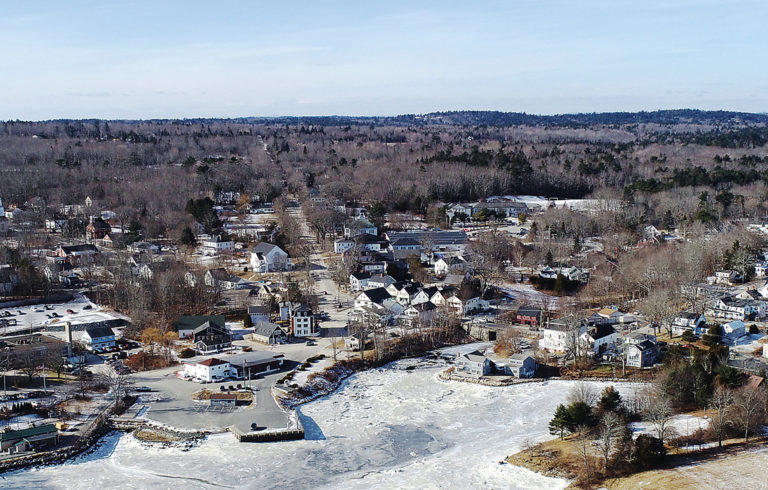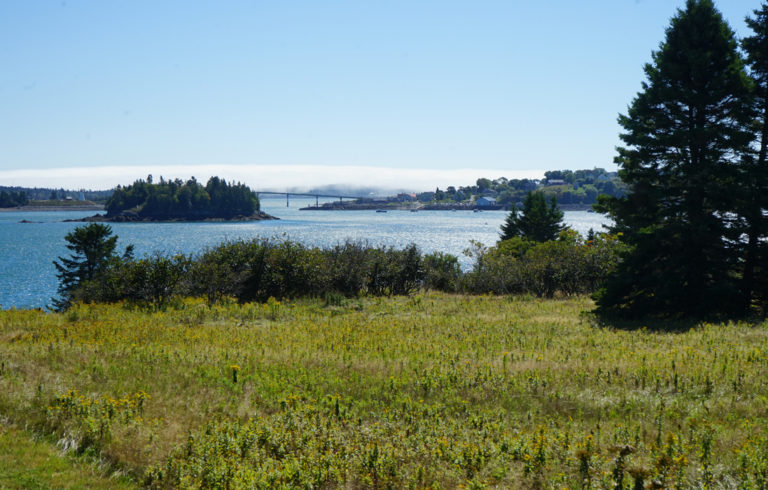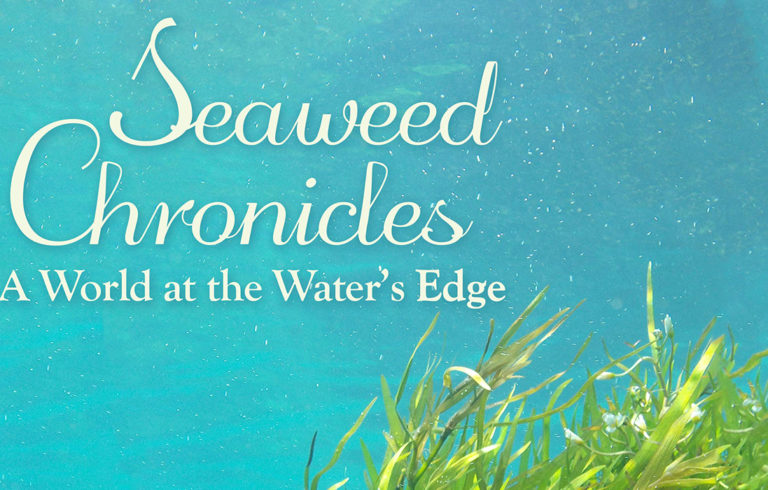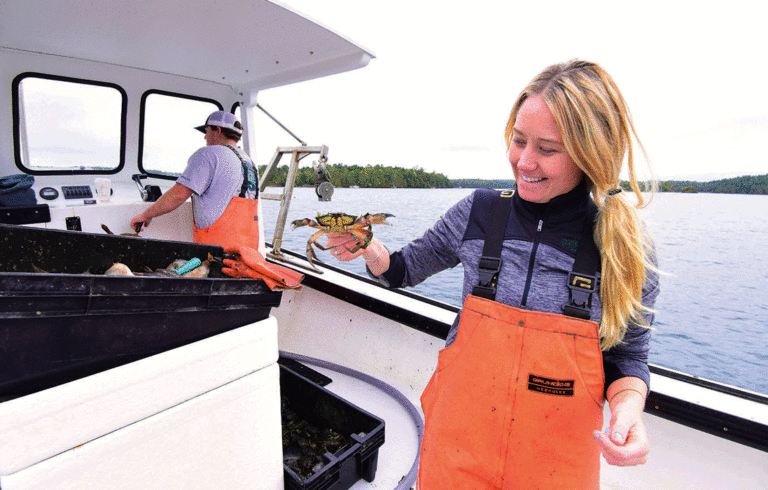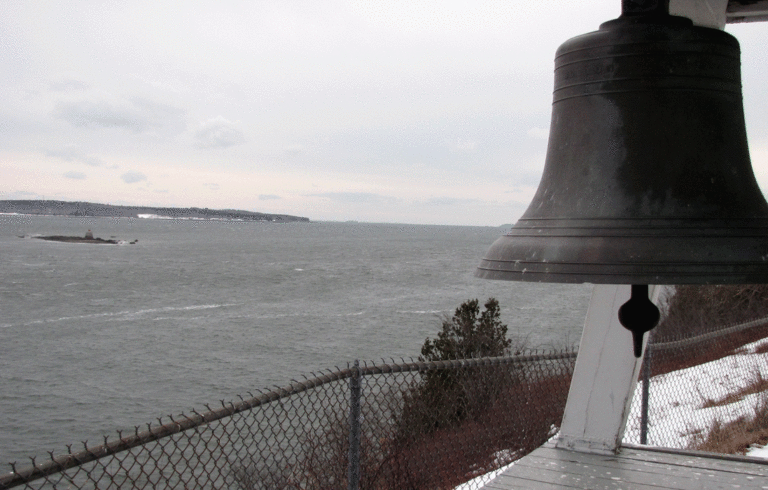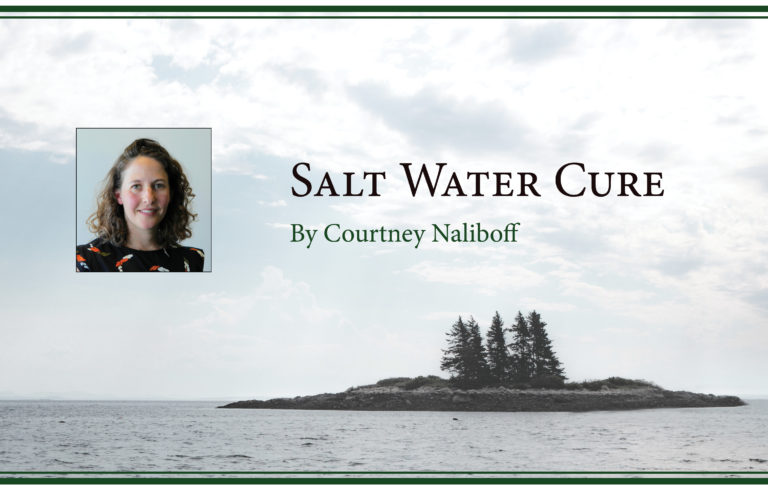Working Waterfront
How the community can respond to climate change
By Rob Snyder Communities are largely absent from national discussions of how to address climate change. Instead they are featured as victims. As a result, we are missing a major opportunity to navigate our way out of this crisis. National conversations highlight how the ocean is warming and becoming more… SEE MORE


